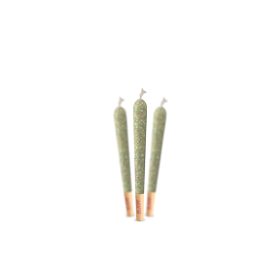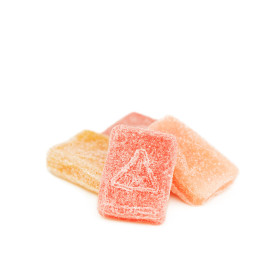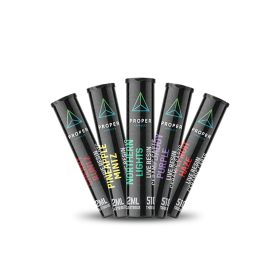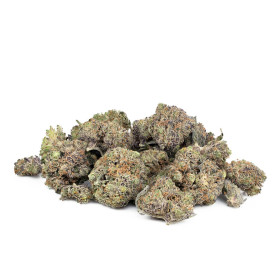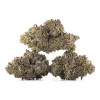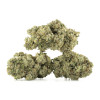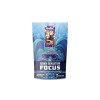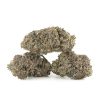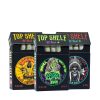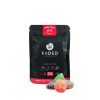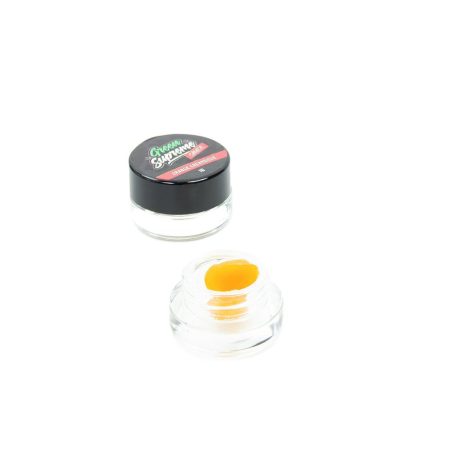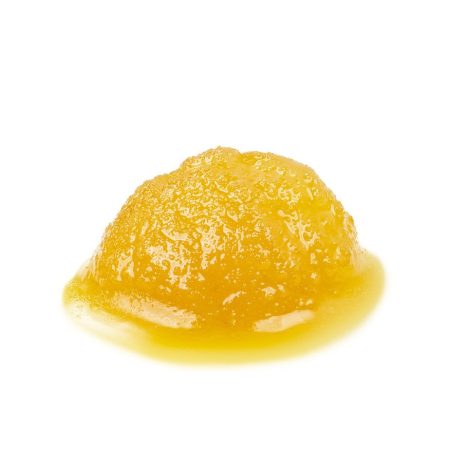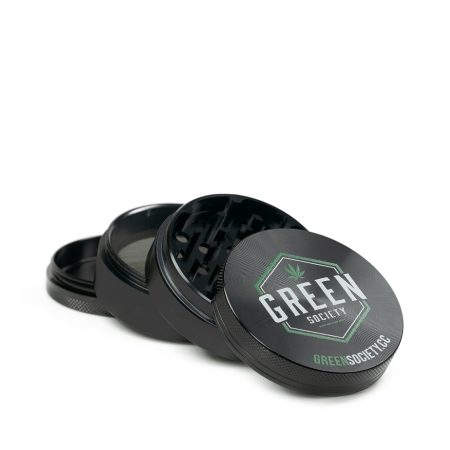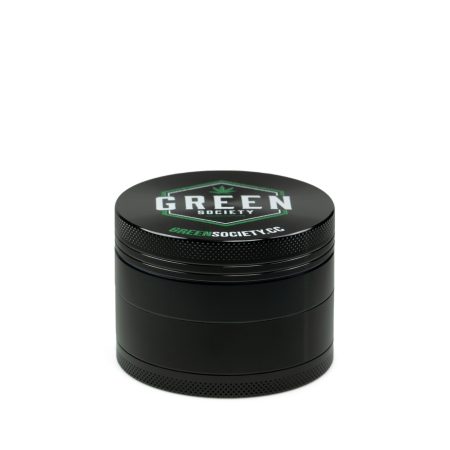Marijuana
CBD vs THC Explained: Benefits, Uses, and Laws
Over 50 percent of canadian adults have shown interest in cannabis products, but confusion still surrounds the differences between CBD and THC. With rapidly changing laws and a surge in new options, understanding these core compounds matters for anyone considering safe and informed use. This guide breaks down the essential facts about how CBD and THC work, their effects, and what canadian consumers need to know before making any decisions.
Table of Contents
- CBD vs THC: Understanding the Basics
- Chemical Differences and How They Work
- Effects on the Body and Mind
- Legal Status and Safety in Canada
- Choosing Products: Uses, Dosage, and Risks
Key Takeaways
| Point | Details |
|---|---|
| Psychoactive Differences | THC is psychoactive and produces a ‘high’, while CBD does not induce intoxication. |
| Legal Regulations in Canada | Cannabis is regulated under the Cannabis Act, with specific age and possession limits varying by province. |
| Therapeutic Applications | Both THC and CBD have potential medical benefits but may interact with existing medications, necessitating professional consultation. |
| Product Selection | Choosing cannabis products requires consideration of intended use, dosage, and consumption method for safety and effectiveness. |
CBD vs THC: Understanding the Basics
Cannabis contains hundreds of unique compounds, but two stand out as the most significant: cannabidiol (CBD) and tetrahydrocannabinol (THC). According to WebMD, these compounds are both derived from the Cannabis sativa plant yet possess dramatically different properties that influence how they interact with the human body.
At a molecular level, THC and CBD share an identical chemical formula, but their structural differences create profound variations in their effects. Technology Networks explains that while they are chemically similar, their unique structures determine their distinct interactions with our biological systems. THC is primarily known for its psychoactive properties, meaning it produces the characteristic “high” associated with cannabis consumption, whereas CBD does not produce intoxicating effects.
Key differences between CBD and THC include:
- Psychoactive Impact: THC creates euphoric sensations; CBD does not
- Legal Status: Varies significantly by jurisdiction
- Medical Applications: Both have potential therapeutic benefits
- Receptor Interaction: THC directly binds with cannabinoid receptors; CBD interacts more indirectly
Understanding these nuanced differences is crucial for anyone interested in cannabis compounds, whether for recreational, medicinal, or research purposes. THC vs CBD: Complete Guide to Cannabis Compounds offers deeper insights into these fascinating molecular variations.

Chemical Differences and How They Work
At the molecular level, cannabinoids like THC and CBD share remarkable similarities yet possess critical structural distinctions that dramatically influence their interaction with the human body. According to Technology Networks, both compounds have the identical molecular formula of C21H30O2, but their atoms are arranged in subtly different configurations that create profound differences in biological activity.
WebMD highlights that these molecular variations significantly impact how each compound interacts with the body’s cannabinoid receptors. THC binds directly to CB1 receptors in the brain, which triggers psychoactive effects and produces the characteristic cannabis “high”. In contrast, CBD demonstrates a more complex interaction, modulating receptor activity without causing intoxication.
The key molecular mechanisms that differentiate THC and CBD include:
- Receptor Binding: THC directly activates CB1 receptors
- Neurological Impact: THC produces psychoactive responses; CBD does not
- Molecular Configuration: Slight structural variations determine interaction patterns
- Endocannabinoid System Engagement: Different mechanisms of receptor interaction
These nuanced chemical differences explain why two compounds with nearly identical molecular structures can produce such distinctly different physiological responses. THC vs CBD: Complete Guide to Cannabis Compounds provides additional insights into the intricate world of cannabinoid chemistry.

Effects on the Body and Mind
THC and CBD interact with the human body in dramatically different ways, producing unique physiological and psychological responses. According to WebMD, THC’s direct interaction with CB1 receptors in the brain triggers profound psychoactive effects, including euphoria, altered sensory perception, and modified cognitive functions. These interactions create the characteristic “high” associated with cannabis consumption.
Technology Networks highlights that CBD takes a markedly different approach, operating as a non-intoxicating compound with potential therapeutic applications. While THC produces immediate psychological alterations, CBD appears to modulate bodily systems more subtly, potentially offering benefits without significant mental disruption.
Key effects of THC and CBD on the body include:
- Psychological Impact: THC creates euphoric and potentially anxiety-inducing states; CBD may reduce anxiety
- Pain Management: Both compounds show potential for pain relief
- Neurological Interaction: THC directly activates brain receptors; CBD works more indirectly
- Cognitive Function: THC can impair short-term memory and concentration; CBD does not
The complex interactions between these compounds underscore the nuanced nature of cannabis’s effects on human physiology. THC vs CBD: Complete Guide to Cannabis Compounds provides deeper insights into these fascinating molecular interactions.
Legal Status and Safety in Canada
Cannabis regulation in Canada represents a complex and carefully managed framework that distinguishes between different cannabinoid compounds. Health Canada explicitly notes that all phytocannabinoids, including both CBD and THC, are subject to the Cannabis Act, which came into full effect on October 17, 2018. This comprehensive legislation ensures strict control over the production, distribution, sale, and consumption of cannabis-related products across the country.
Understanding the legal landscape requires careful navigation of provincial and federal regulations. While the federal government establishes baseline guidelines, individual provinces may have additional restrictions on cannabis use, possession limits, and purchasing requirements. The primary goal of these regulations is to protect public health and safety while providing controlled access to cannabis products for adults.
Key legal considerations for Canadian cannabis consumers include:
- Age Restrictions: Must be 18 or 19, depending on the province
- Possession Limits: Maximum of 30 grams of dried cannabis in public
- Purchase Requirements: Only from licensed retailers
- Quality Control: Health Canada mandates testing for contaminants and accurate labeling
For those interested in exploring legal cannabis options, THC vs CBD: Complete Guide to Cannabis Compounds offers additional insights into navigating Canada’s complex regulatory environment.
Choosing Products: Uses, Dosage, and Risks
Cannabis product selection requires careful consideration of individual needs, potential health impacts, and personal wellness goals. Health Canada strongly advises consumers to consult healthcare professionals before incorporating CBD or THC products into their wellness routine. This guidance stems from the potential for these compounds to interact with existing medications and produce unexpected side effects that vary significantly between individuals.
The complexity of cannabis products demands a nuanced approach to dosage and consumption. Different consumption methods such as oils, edibles, tinctures, and inhalation methods each present unique absorption rates and potential risks. Beginners should start with low-dose products and gradually adjust based on personal tolerance and desired effects. Health Canada emphasizes the critical importance of choosing legal, regulated products to minimize potential health risks and ensure accurate product labeling.
Key considerations when selecting cannabis products include:
- Intended Use: Medical relief, recreational enjoyment, or wellness support
- THC/CBD Ratio: Different ratios produce varying effects
- Consumption Method: Impacts absorption and onset of effects
- Personal Health History: Potential interactions with existing conditions
- Quality Verification: Ensure products from licensed, regulated sources
For comprehensive guidance on navigating cannabis product selection, THC vs CBD: Complete Guide to Cannabis Compounds offers in-depth insights into making informed choices.
Discover the Perfect Balance Between CBD and THC for Your Needs
Understanding the differences between CBD and THC can be overwhelming, especially when navigating product choices, legal restrictions, and desired effects. This article highlights critical challenges such as selecting the right THC and CBD ratio, managing dosage, and choosing safe, legal products that align with your wellness or recreational goals. If you have ever felt uncertain about which cannabis products to try or how to shop confidently within Canada’s complex laws, you are not alone.
At GreenSociety.cc we make it simple to explore a wide variety of cannabis products including CBD oils, edibles, flower, and more — all tested and verified for quality and legal compliance. Whether you want non-intoxicating CBD for wellness or balanced products with THC for recreational use, our platform offers secure and discreet delivery right to your door.
Start your journey with our expertly curated selections and enjoy promotional deals designed to help you find the right product with peace of mind.
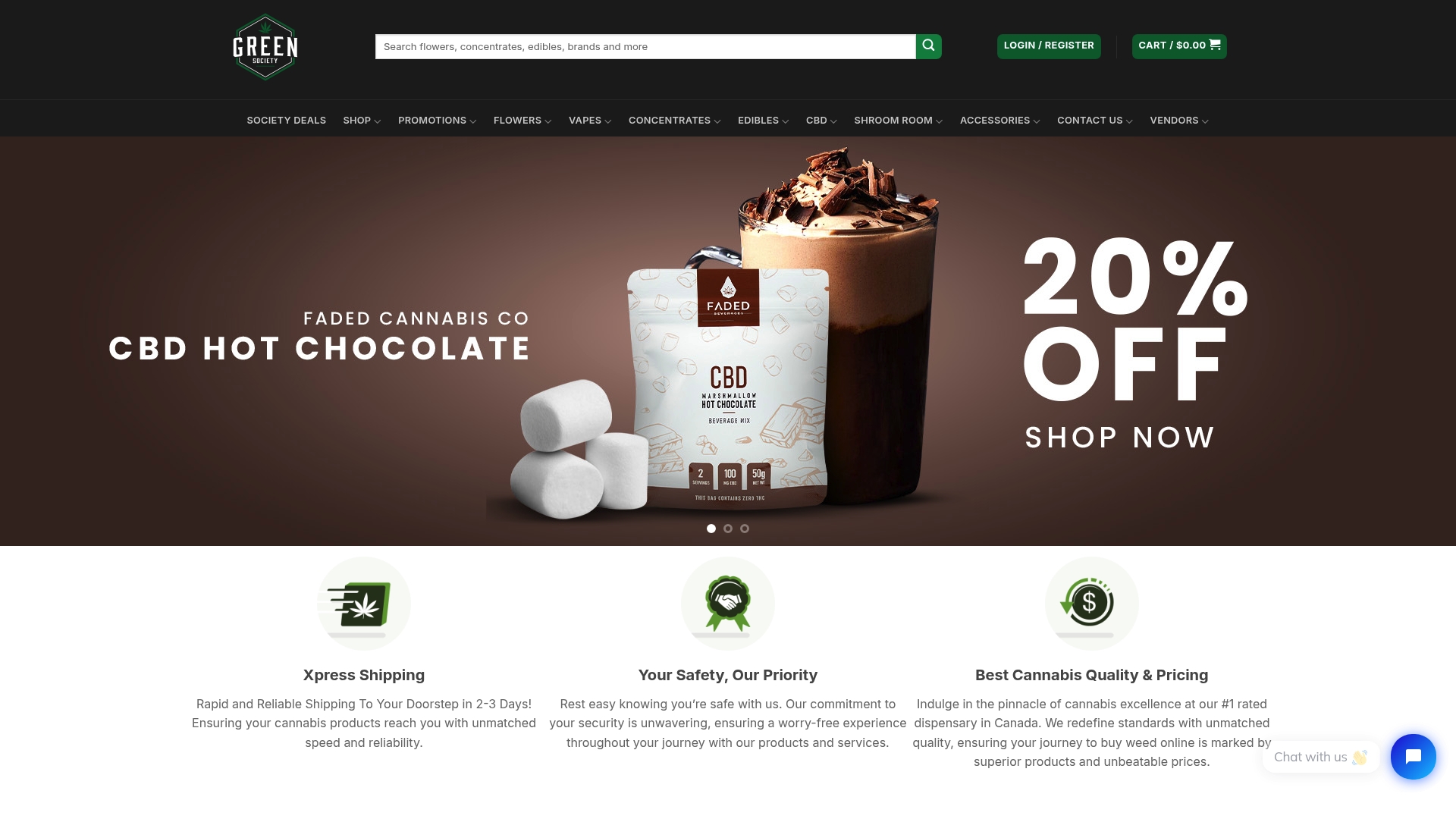
Explore our online dispensary now at GreenSociety.cc and make informed cannabis choices today by visiting GreenSociety.cc for a seamless shopping experience that respects your needs and preferences.
Frequently Asked Questions
What are the main differences between CBD and THC?
CBD (cannabidiol) is non-psychoactive and does not produce a ‘high’, while THC (tetrahydrocannabinol) is psychoactive and is responsible for the euphoric effects of cannabis. Both compounds have potential therapeutic benefits but interact differently with the body’s cannabinoid receptors.
How do THC and CBD affect the body and mind?
THC directly activates CB1 receptors in the brain, leading to euphoric sensations and altered cognitive functions. In contrast, CBD interacts with the body more indirectly, offering potential therapeutic effects without causing intoxication or significant mental disruption.
What should I consider when choosing between THC and CBD products?
When selecting products, consider your intended use (medical relief, wellness support, or recreational enjoyment), the THC/CBD ratio (which can affect the outcome), the method of consumption (such as oils, edibles, or inhalation), and your personal health history, including any potential interactions with other medications.
What are the legal implications of using CBD and THC?
The legal status of CBD and THC varies by jurisdiction. It is important to understand local regulations, including age restrictions, possession limits, and purchasing requirements for cannabis products, ensuring they comply with health and safety requirements.
Recommended
- THC vs CBD: Complete Guide to Cannabis Compounds ~ Green Society Blog
- Why You Get High From THC, But Not From CBD ~ Green Society Blog
- Understanding the Health Benefits of CBD ~ Green Society Blog
- The Benefits of CBD for Chronic Pain ~ Green Society Blog

